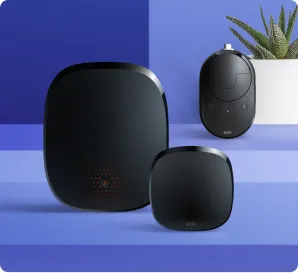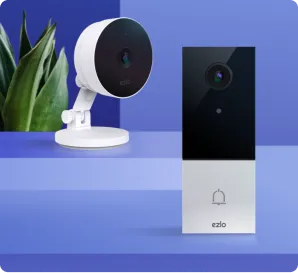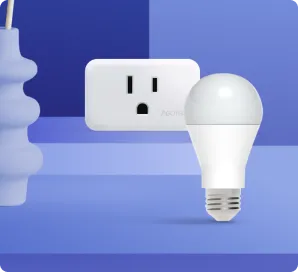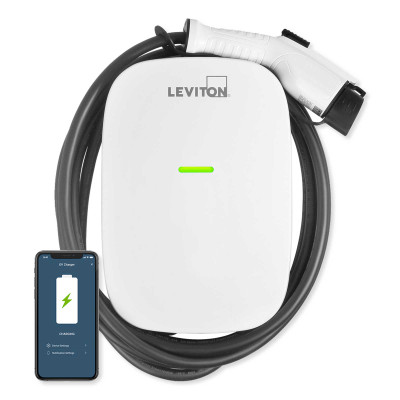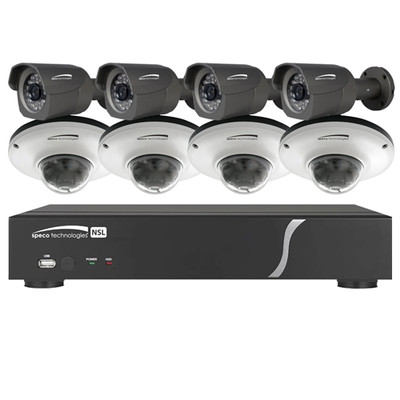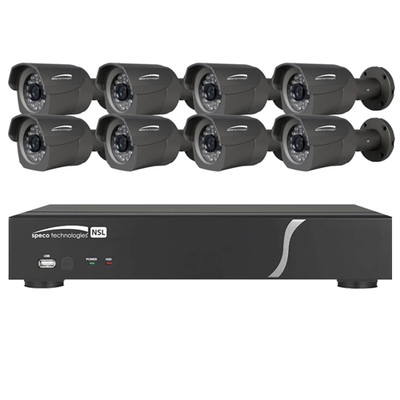How to Compare Home Security Systems and Hit Best Deals?
In today’s world, more sophisticated methods of security are available. Of course, security companies will tell you how great their product is, but it’s always best to make an informed decision. To achieve this, you need to compare home security systems to get the features of different security systems, their pros and cons, and how much they could save you.
One crucial consideration when comparing home security systems is the company itself. Ensure you are engaging a reputable company with a good track record. Ask around and research to find out what others say about different companies. Another thing to help you compare home security systems is to keep in mind the cost of the system.
How to Compare Home Security Systems?
The best way to decide which home security system is right for you is to compare home security systems options available. Start by considering your needs. What do you want the system to do? Are you looking for a basic alarm or a more comprehensive solution that includes surveillance cameras and fire protection? Do you want an app to monitor your home while you’re away?
Once you come up with the features and services you’re looking for, it’s time to gather information about the companies that provide them. You can start by checking out customer reviews on customer review sites and getting recommendations from friends, relatives, and neighbors.
Most companies will also provide information about themselves on their websites or over the phone. You’ll want to get details about the cost of equipment, installation, and monitoring, including any warranties or guarantees that come with your purchase.
Finally, choose a company that offers good customer service and has a solid reputation. Then ask lots of questions when you’re shopping around and after signing a contract.
Features to Help Compare Home Security Systems
When researching, it’s paramount to compare home security systems using a list of what you want your system to do. Some of the different features offered by home security systems include:
Home automation
Some systems let you control your house’s lighting, heating, and cooling from anywhere using an internet connection.
Remote access
Accessing your security system when you’re not at home is crucial.
Monitoring 24/7
Monitoring companies can send emergency responders as soon as they detect a problem.
False alarms
How often does the system give false alarms? If it happens often, it can become a nuisance for everyone involved.
Installation costs
Some companies have high installation costs or require contracts.
Interior Features
Choosing a system with an alarm that sends out alerts to police is vital and has internal motion sensors and window alarms that could potentially deter a would-be thief.
Extra features
Consider whether the extra features you want, such as home automation, are worth the money or if you could easily do without them.
Overall cost
Some companies will offer monthly monitoring plans for little or no additional out-of-pocket expense, but there’s no reason to spring for those unless you need them.
Types of systems
Do you want a basic alarm system or one that also provides video monitoring? Will it connect to your smartphone? What kind of sensors do you want?
Home Security Systems Components
The primary devices of a home security system include:
Sensors
Sensors are responsible for notifying the alarm system that someone is attempting to enter your home or business illegally. You can place sensors on doors, windows, and walls. When they detect motion, they will send you an alert to notify you that someone is there.
Control Panel
You can do more with the control panel or security keypad, including arming and disarming the security systems while communicating with relevant devices.
Cameras
Video surveillance security systems allow you to watch your home or business 24 hours a day using indoor and outdoor security cameras that transmit video to your control panel or smartphone.
Motion Detector
Motion detectors sense movement in their focus area, and when they detect motion, they send an alert to the control panel, which activates the alarm.
Conclusion
If you want to compare home security systems and strike the best deals, the first step is to define your priorities. What is most important to you? For example, do you want a system that will keep your family safe or protect your possessions? Once you know what you need, you can compare features and prices.
Consider how much you are willing to spend on a home security system. Next, think about the features. For example, do you want a system that monitors indoor and outdoor activity? Are you looking for a system with video surveillance, or will a basic system be sufficient?
Finally, research different companies and read reviews from websites and referrals from past customers.

